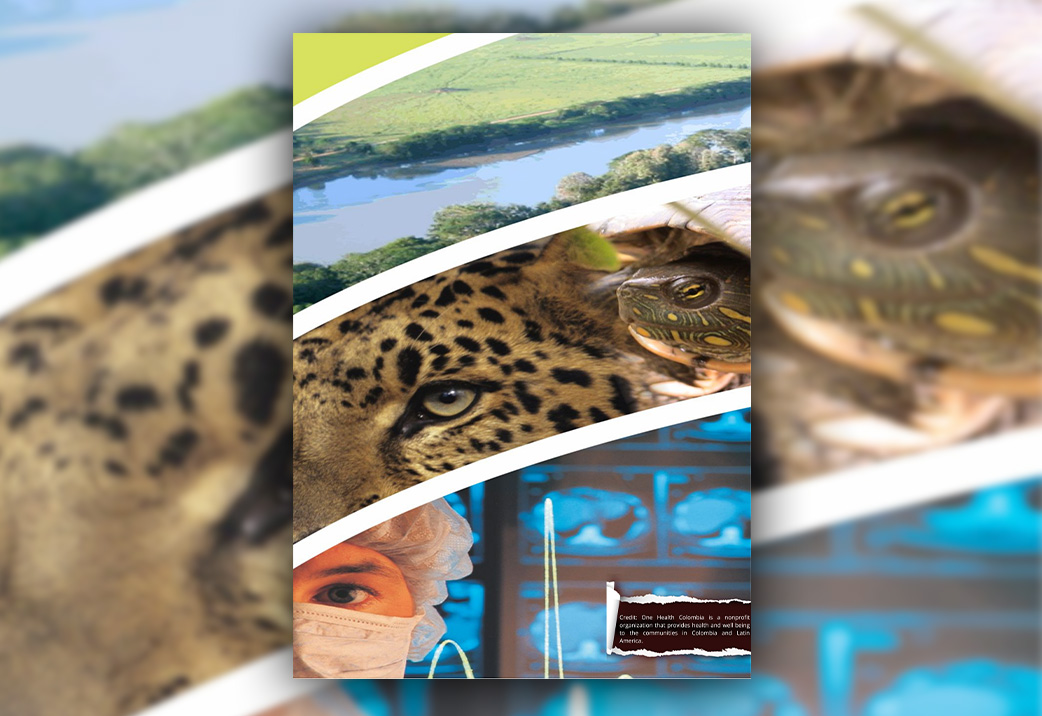Global governance
“Investigate internationally”

What are illicit financial flows?
There basically are two kinds of illicit financial flows. The first concerns money that was made illegally: profits from human trafficking, the drugs trade, corruption and crime in general. Such profits are typically laundered abroad. The second kind of illicit flows concerns money that owners earned by legal means but want to hide in order to avoid paying taxes. Such schemes are harmful and limit the government’s ability to raise funds for things such as health and education. And again, there is an incentive to move the money across borders before re-inserting it into the economy.
Why should OECD nations worry about illicit financial flows from developing countries?
It is there own best interest to do so. Illicit money is at the root of many evils. If everything was made transparent and legal, it would be much more difficult to wage civil wars. Terrorism would become much more difficult. The drug trade would become next to impossible. Corrupt leaders would not know what to do with their loot. We would all live in a safer and more equitable world.
Are OECD nations rising to their responsibility?
No one can say that the OECD nations have risen to their responsibility. They could and should do more to track illicit financial flows, close loopholes and repatriate money. However, there is a strong momentum in the right direction. The issue is getting much more attention than in the past. We are not in the business of telling our member countries what to do, but we do point out their interests and we do remind them of commitments they made. Because of the global financial crisis, the G20 has been dealing with illicit financial flows. We have international standards and principles. Rich nations, moreover, tend to demand transparency from others, so they should ensure transparency themselves. It needs to be emphasised, moreover, that illicit financial flows hurt advanced nations too. There was an outcry in the UK when it was revealed that leading US corporations such as Starbucks, Google and Amazon do not pay taxes in the UK in spite of vast operations there. The way they avoid taxes is perfectly legal; they exploit various loopholes in regulations. Nonetheless, people are upset. Events like this prove that interest in the issue is rising.
Exactly whose interest is it?
Ultimately it is the interest of anybody who wants low tax rates. Tax rates can only be low if everybody pays taxes. Moreover, it is the interest of anybody who wants responsible capitalism. If a company performs well, it deserves to make a profit, but the public should know who is doing what. If ownership can be hidden, responsibility can be avoided. Let me give an example from my own country. Two decades ago, a ship caught fire in the Oslo Fjord and 200 people died. To this day, it has not been clearly established who the owners of that ship were. There were all sorts of grey areas with many different partners and shareholders. Such settings do not promote responsible ownership.
Nonetheless, attempts to enforce tax rules and responsible ownership often seem somewhat half-hearted. In Germany, the debate on what level of bank secrecy our country should accept in a tax agreement with neighbouring Switzerland is very controversial. Promises to simplify the tax code and lower rates, moreover, have been made again and again, but there is very little progress. Powerful interest groups are defending the status quo – and that does not seem much different in many other OECD countries either.
Well, as far as I can tell, the political will to tackle these issues is growing. There are ever more initiatives to exchange tax information internationally. It is a process that has begun.
Is that true of developing countries too? Elitist interest groups tend to be even more powerful in the developing world.
The situation in the developed and developing countries is exactly the same. Consider Ngozi Okonjo-Iweala, the finance minister of Nigeria. She is very outspoken, and she insists on more international efforts to tackle illicit financial flows, corruption, tax avoidance et cetera. She deserves our support, but that does not mean that every individual in Nigeria agrees with her. Those who benefit from illicit financial flows obviously don’t want such flows to stop.
How can and should rich nations support leaders like Okonjo-Iweala?
There are many ways of doing so. Let me just mention the OECD projects "tax for development" or "tax investigators without borders". Tax authorities and the police can and should investigate illicit financial flows internationally. The UK has used development funds to train their national police, track crime money in the UK and help repatriate it back to Nigeria. It is useful to look into how multinational corporations make international transactions and declare profits in legislations with low tax rates. Other countries have invested money from the official-development-assistance budget in protecting anti-corruption activists. These people live very dangerously in countries where the price for having someone killed is not very high.
So you basically want donors to invest in better financial governance?
Yes, but let me stress immediately that this is not an isolated issue, it relates to all other issues of governance, at the national as well as the global level. Good financial governance is a crucial component of good governance in general.
The term good governance itself is controversial however. In the past two decades, India and Bangladesh, two democratically run countries, have made less progress in fighting poverty than China and Vietnam did under authoritarian rule. Is governance in China and Vietnam good?
There is no general consensus on this matter, but I’d say that there is good governance in China and Vietnam to the extent that the governments are successfully serving their people. They are investing in education, health, infrastructure, agriculture and welfare services; they are creating opportunities. Life expectancies have risen fast. So the leaders did a lot of things right. What never works is totalitarianism. North Korea is an example of totalitarian rule being absolutely devastating. It is illuminating to compare North Korea and South Korea. Both countries started with the same culture, religion, language, geography et cetera. Good decisions allowed South Korea to prosper, while bad decisions brought North Korea close to starvation. Even democrats like myself, however, must acknowledge that democracy was the fruit of development in South Korea, not the reason.
According to media reports, relatives of Chinese leaders, including of fomrer Prime Minister Wen Jiabao, have transferred huge amounts of money to taxhavens, so China obviously has illicit-financial-flows issues of its own.
Yes, there is corruption in China, no doubt. China has also brought more people out of poverty than anyone and hundreds of millions have improved their living standards. On average, incomes have risen from 200 to 6,000 dollars in three decades. I’m not saying everything is perfect in China, but I appreciate that the country has made a lot of progress.
If we want to distinguish a purely cleptocratic autocracy from a development-oriented one, does it help to assess the quality of financial governance?
Well, I think the essential thing is transparency. The more we manage to enforce transparency, the less secret dealings there will be behind closed doors. We are not going to change human nature, but we can establish rules, institutions and incentives that encourage better behaviour and better governance. And that should be done at national and international levels.
What is the role of rich nations’ development agencies in this context?
I think there are two main objectives:
- They should empower the forces that drive change in the developing world. They can offer advice and expertise, they can fund meaningful initiatives and they can support civil-society activists who campaign on the issues.
- At the same time, they should act as agents of change at home. They must raise awareness for the global ramifications of illicit financial flows. Obviously, a rich nation’s ministries of justice or finance don’t have at their hearts the worries of developing countries. That is not their business. Bilateral development agencies, however, understand these things. They must do their best to make other institutions – and the general public – understand them too.
Questions by Hans Dembowski. Disclaimer: One question has been modified after publication in view of recent media reports. It originally read: "According to information revealed by the New York Times last year, Wen Jiabao, the former Chinese prime minister, became fabulously rich in office. China certainly must be struggling with some illicit-financial-flow challenges." Given that the substance of the question has not changed, Erik Solheim chose not to modify his answer.
Erik Solheim chairs the OECD’s Development Assistance Committee and is a former minister for international development of Norway.
twitter feed: @SolheimDAC
http://www.oecd.org











